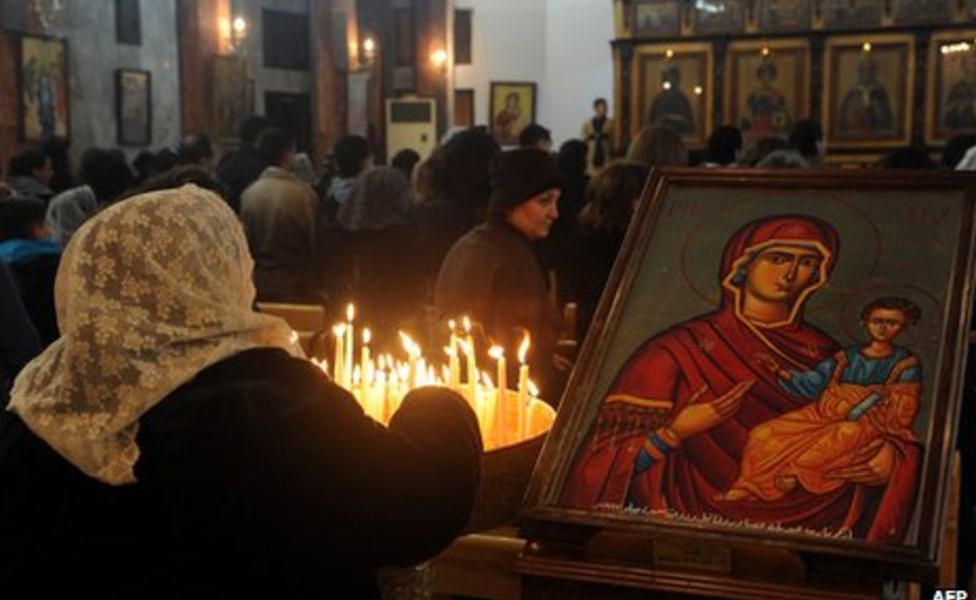Researchers in the field of the Middle East have always wondered about the reasons for the strong relationship between the Greek Orthodox of the Levant and Russia, rather than another Christian country, especially since countries such as Greece are culturally closer to Eastern Christians than Russia, a Slavic culture, which did not convert to Christianity until the year 1000 AD.
Some experts wrongly believe that the relationship between the Russians and the Orthodox is linked to the waves of the Arab Spring and the military support provided by Russia to Christian areas in Syria after the spread of terrorist organisations in Christian towns like Mahrada and Suqaylabiyah in western Syria.
The relationship, however, started after the Fall of Constantinople. After the Turks had eliminated Byzantium, Russia began to portray itself as the Third Rome - replacing Constantinople, which was called Nova Roma.
The Russian Church has also taken advantage of the weakness of the Ecumenical Patriarchate of Constantinople to gain control of Mount Athos, the reservoir that sends monks and bishops to all the Orthodox dioceses in the world.
Russia played a major role in portraying itself as the protector of Levantine Orthodox subjects, who were under the control of Islamic countries since the fall of Antioch in 637, Alexandria in 641, Jerusalem in 638, and Constantinople until its fall in 1453.
The Russians also played an important role in confronting the campaigns of Catholicism and the campaigns of Protestant churches, which were targeting Orthodox Christians as evangelising was not allowed for missionaries under the Ottoman rule.
Russia has opened many schools that seek to compete with Western schools, the most important of which is the Imperial Orthodox Society in Palestine.
It has also incited against the Greek patriarchs in Antioch, where it imposed on Antioch to accept Patriarch Milatius II Domani as the first non-Hellenic patriarch in 168 years, and until the present time Russia played a role in inciting the parishioners of the Church of Jerusalem against the spiritual leadership of the Patriarchate of Jerusalem, which are all from Hellenic origin.
The relationship between the Russians and the Eastern Orthodox in Syria, Lebanon, the Palestinian territories, Israel, and Egypt, is a solid and unbreakable relationship, and it is an existential relationship for many of these communities who see that Moscow is able to provide protection in critical moments, just as what happened in Syria when Russia supported local militias in Christian areas surrounded by conservative Muslim areas.
Today, Russia is in a state of weakness, and many Orthodox subjects in the East have seen how it used Chechen militants to attack the Ukrainians, Orthodox Christians, who are even closer to Russia in culture and ethnicity than the Hellenistic Eastern Orthodox.
The West and Greece can exploit the Russian weakness to engage more strongly with the Eastern Christians, not only for moral principles towards these endangered components, but also as a matter of interest.
The Christian Orthodox communities in Levantine countries are among the most educated and wealthy segments of the society, and they can play a major role in maintaining civil peace and stability and building successful states in the region instead of being linked to an ally that seems strong, such as Russia, but its image was shaken after the invasion of Ukraine.
Hadeel Oueis is senior research fellow at the PHilos project.


